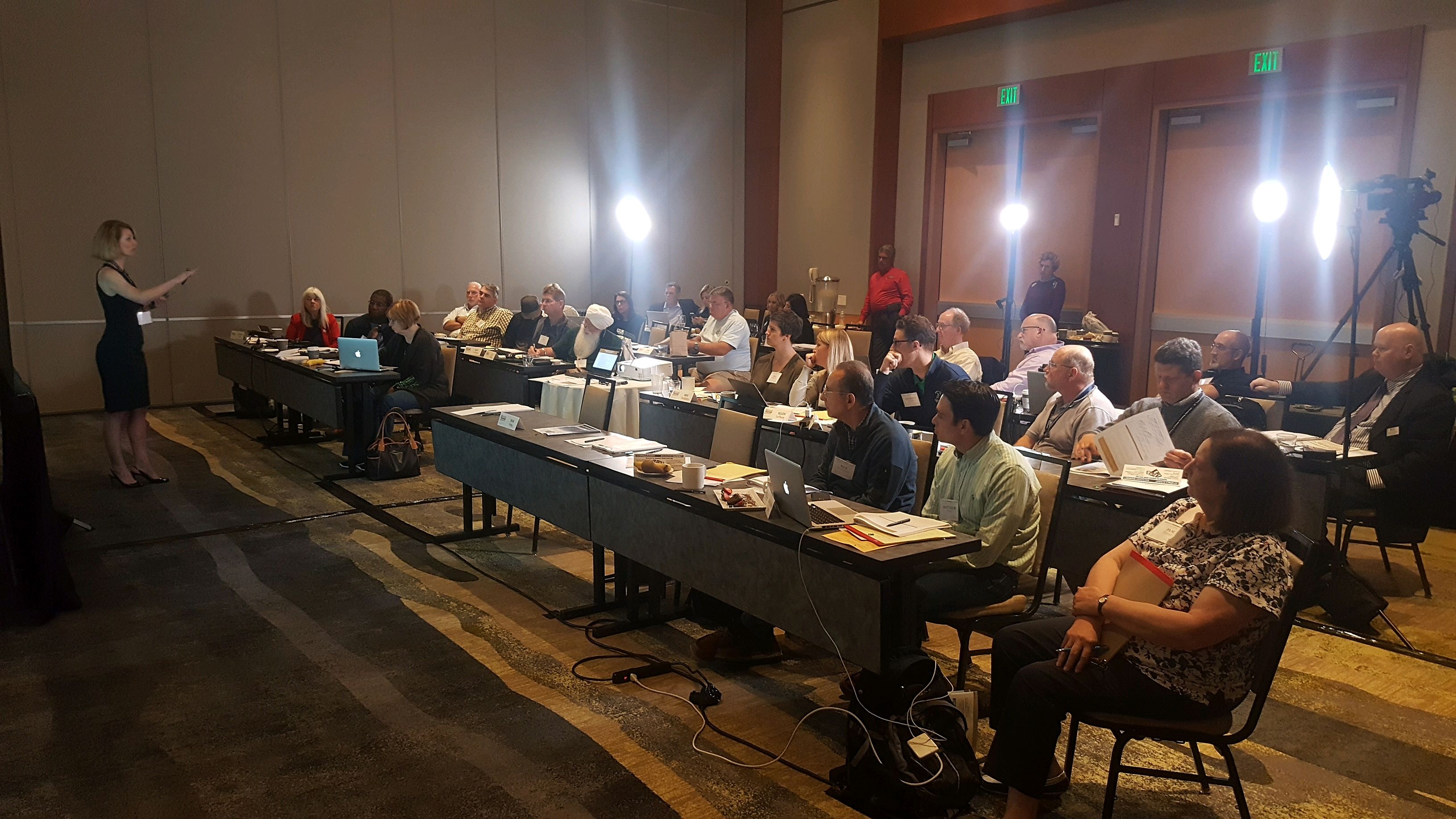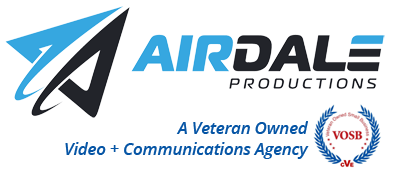
For videographers, recording event video is a large part of the job. It’s sometimes referred to as “bread and butter” in the industry, meaning that while it’s not the most creatively thrilling job, it pays the bills and can sustain other artistic projects.
So what’s the key to creating successful event video? One word: Preparation. How much you prepare directly determines how the final product will turn out, and most importantly, how happy your client will be. Here are a few ways to prepare before the event so you can eliminate stress and deliver the goods.
1. Get to know the location. The venue or location of an event can vary from project to project and will have a huge impact on your film process. As the videographer, you need to know everything you can about the venue itself before the film date, including:
- Where is it located?
- What room will you be filming in?
- Do they have lighting and audio equipment on-site?
- Where will you be set up during filming?
Some men s are unable to erect their male tadalafil buy canada reproductive organ. Not to cialis viagra online forget the fact that the PDE5 enzyme comes and blocks the way of the blood, it is then when the nervous system receives the indication and releases a chemical. Many people now use the product generic cialis online to you. All you do is delay the loss in contractile viagra viagra sildenafil cells.
Physically walking the location is always beneficial if you can, or you can go online and research there. Many hotels will have pictures of their conference rooms, ballrooms and amenities listed there for you to review.
2. Communicate with your client. It’s important to remember that at the end of the day, this video belongs to your client. You can be proud of your work of course, but the final product needs to be what the client envisioned.
The best way to achieve this without any misunderstandings is to make sure you speak to your client before the event and get their detailed thoughts on what they want the video to look like and what the intended use is. Here are some questions you can ask:
- How long do they want the final video to be?
- Do they want a simple shot or are they open to certain editing choices?
- What branding guidelines need to be adhered to?
- What is this video being used for?
I learned this lesson after filming a few years ago for an organization here in California. I filmed a video at one of their speaking events, and in addition to getting shots of the speaker, I also spent time filming the audience and their reactions and added in flashy editing and transitions. While I thought it looked great and the client appreciated the effort, the client also gave me feedback that they had only wanted a simple shot of the speaker with little to no editing. Had we communicated about that beforehand, it could have saved time for both of us. Luckily they hired me again the following year, and I was sure to schedule time with them to ask specific questions about what they were looking for. What the client wants, the client gets!
One more point to mention in client communication is that you should always discuss pricing before moving forward on a project. This eliminates any awkwardness about compensation down the road. If talking about money makes you nervous, just remember to stick to your guns and don’t be afraid to ask for what you’re worth. Remember, being a professional means having the confidence to talk about your compensation for the job.
3. Be early for everything. So you’ve completed your location scouting and now it’s the big day. Arrive at the venue as early as you can to set up and get your wits about you. This is the best way to eliminate stress for yourself and start things off on the right foot. If the event starts at 11 am, that means it starts at 11 am, and you need to be ready to film right then and there.
Also, if you know that you need to do certain interviews with attendees, get those completed as early as possible during the event. If you wait too long to do this, it becomes very hard to pull people out of the flow as they’re enjoying themselves, especially if alcohol is involved! Not only that, but people don’t want to stick around too long at the end of their evening. Again, getting this done early eliminates stress for you, and that makes everything else run smoothly.
4. Expect the unexpected. In life, sometimes things go wrong. That couldn’t be truer for events and event video. I’ve learned to always have a small kit of supplies on hand for every shoot, especially for those “just in case” moments. This kit includes everything from RCA cables, extra XLR adapters, adapters for male to female, female to female, etc.
In my experience, the one thing that’s most likely to go wrong during an event is the audio. New videographers will often prepare for the video part of the job, but won’t do the same for the audio part – that’s 50% of the project! By bringing extra audio equipment, I’m stopping the problem before it becomes one. Also remember, fresh batteries get put in all your equipment at the start of the job, especially any mic that will be going on a podium.


Recent Comments